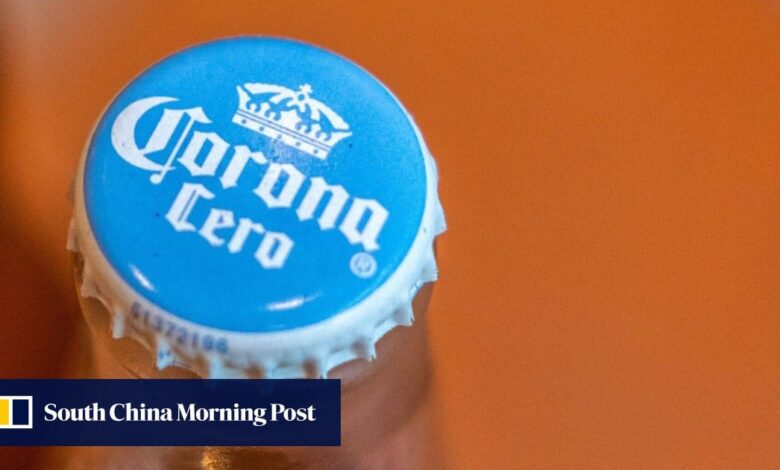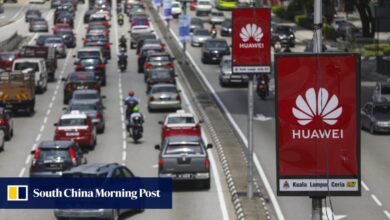Middle East turns to non-alcoholic beers, healthier than colas and not tainted by Gaza war


AB InBev launched its flagship alcohol-free beer, Corona Cero, in Saudi Arabia in the first quarter of 2024. Announcing the planned launch in September 2023, Brian Perkins, AB InBev’s head of Western Europe, said Corona Cero offered “new frontiers of growth and brand building in expansion markets”.
“Honestly, we like it even more given its health benefits,” he said.

Moussy is made by avoiding alcoholic fermentation, instead of by removing alcohol afterwards as is common with many non-alcoholic beers. Carlsberg refers to Moussy as a non-alcoholic beer, although it is marketed as a malt beverage in Egypt, where it has been sold for 30 years.
While Carlsberg said growing interest in zero-alcohol brews presented an opportunity in the Middle East and North Africa, they were unlikely to make any substantial contribution to revenues any time soon.
“Culturally it is going to take time for people to be comfortable with the notion that it is a beer,” chief executive officer Jacob Aarup-Andersen said in an interview earlier this year.
Carlsberg’s teams were working to develop markets in the region, but this was a long-term endeavour, he added.
AB InBev sees demand for non-alcoholic beer in the Middle East mostly concentrated in international venues like hotels and Western restaurants. While trends in cosmopolitan cities tend to spread over time, AB InBev had no plans to try to drive uptake, Warner said.

Non-alcoholic beers remain a small part of brewers’ revenues, but are increasingly central to strategy as they offer growth. So far, that has mostly been driven by expanding the opportunities for existing drinkers to sip on beer brands, such as during working lunches.
The executives’ comments, however, indicate potential for zero-alcohol brews to gain new customers in nations with large populations that brewers have barely penetrated to date.
While all brewers operate in the Middle East and North Africa, their beer sales in many countries are focused on a niche market of travellers and expatriates..
Brands like Carlsberg’s Moussy and Heineken’s Fayrouz, by contrast, have targeted the local population.

Carlsberg began local production of Moussy in Egypt in 2023, and has also built a local sourcing hub in Jeddah, Saudi Arabia, where it says Moussy and another Carlsberg brand, Holsten, hold over 50 per cent of the zero-alcohol beer market.
It has developed new flavours, including lemon and mint, a popular taste locally.
AB InBev’s chief marketing officer, Marcel Marcondes, said the company was not making any specific effort to grow in Middle Eastern markets.
Even indirect promotion of alcohol is prohibited in Gulf nations, including the United Arab Emirates, and it is unclear if advertising a zero-alcohol version of an otherwise alcoholic brand would class as such, said David Yates, of corporate law firm Al Tamimi & Company.
In some countries, zero-alcohol brews are growing for different reasons, such as in Egypt where they are perceived to be good for digestion, said Alexandra Molokova, research analyst at market research firm Euromonitor International.
This presents an opportunity for brewers, but they need to adapt their strategies and pricing to reflect these differing motivations, added Susie Goldspink, head of no- and low-alcohol insights at beverage market research firm IWSR.
Most customers in the region would otherwise be drinking a soft drink or hot drink – far cheaper than the alcoholic beers brewers usually price alcohol-free beers in line with, she said.
Source link



